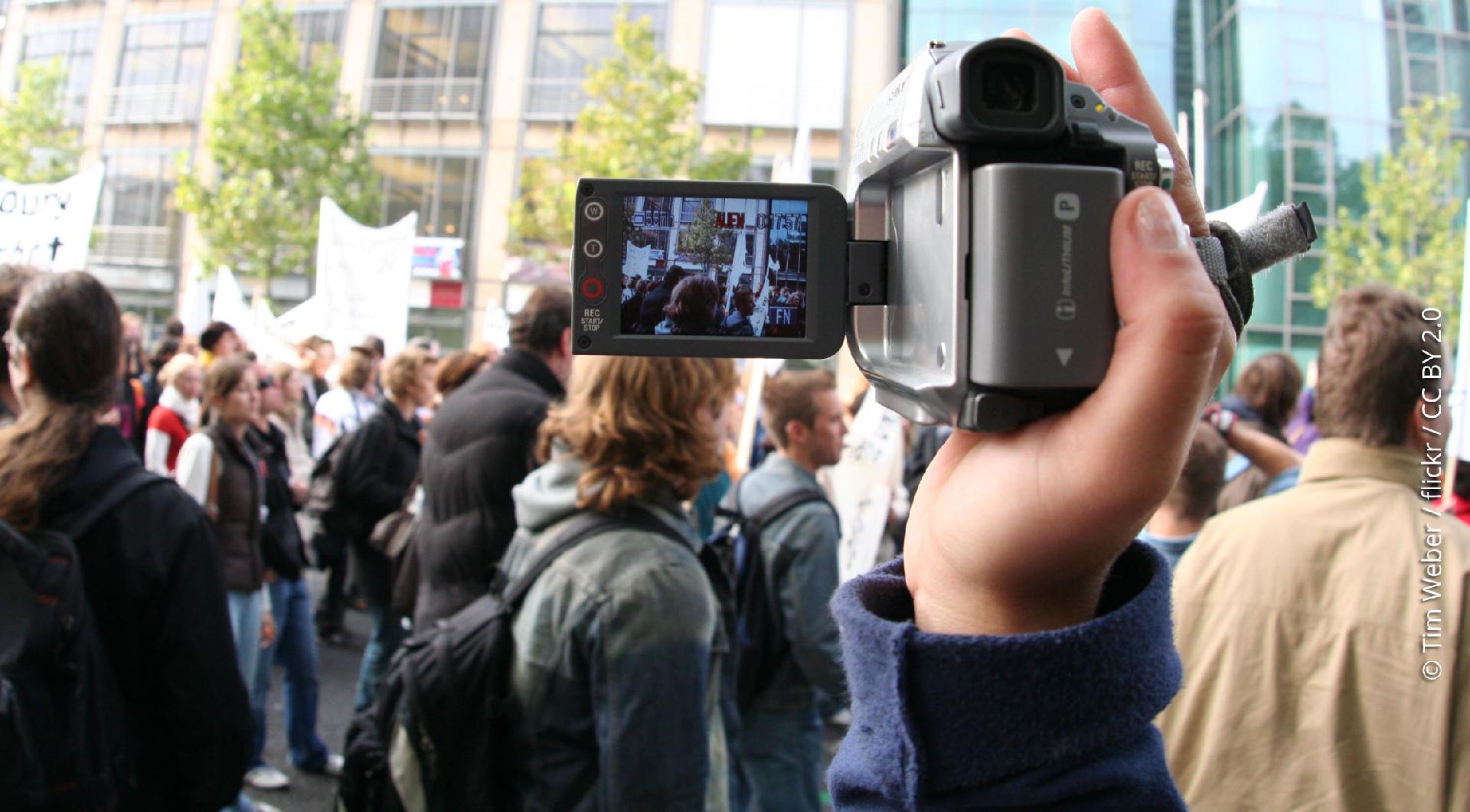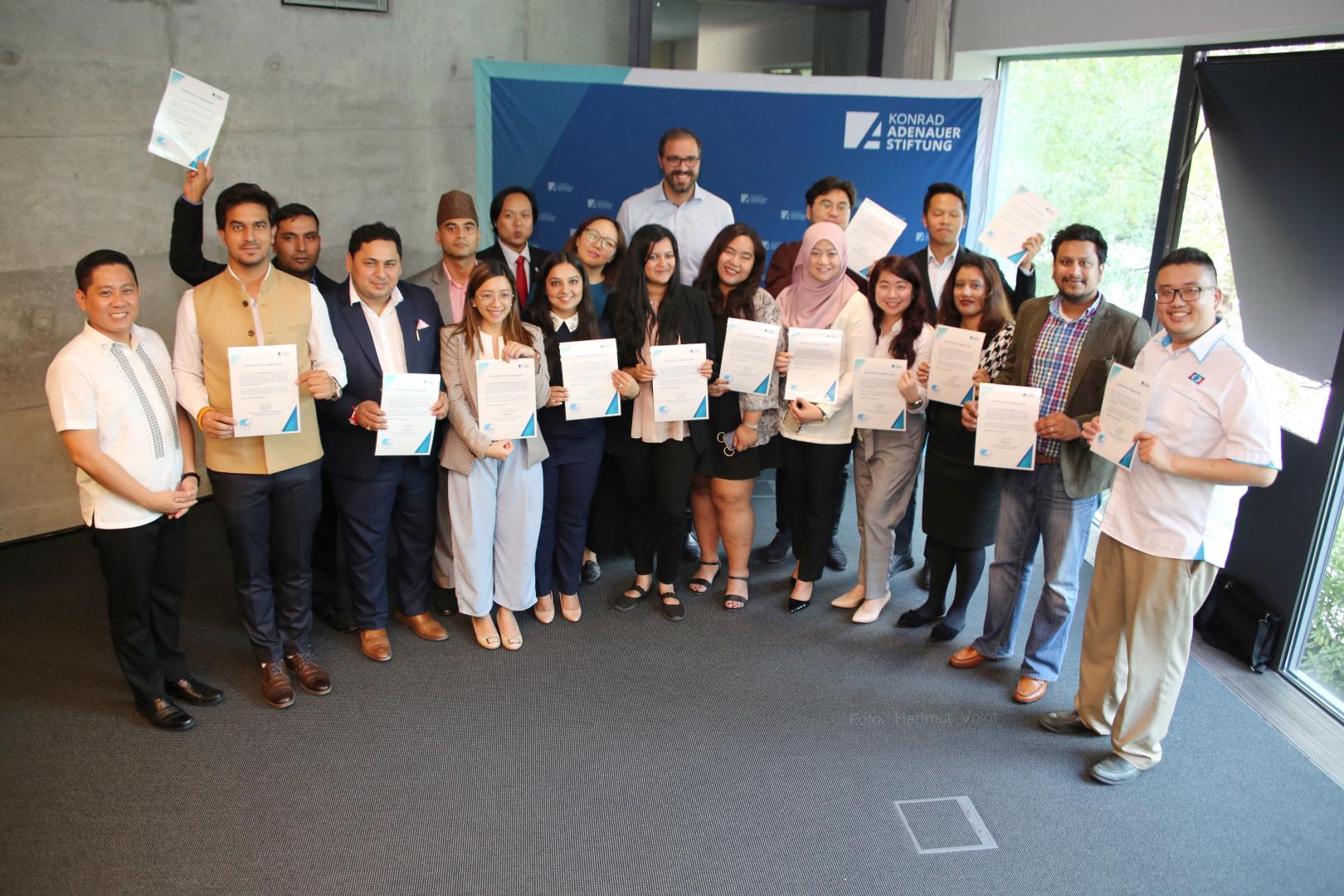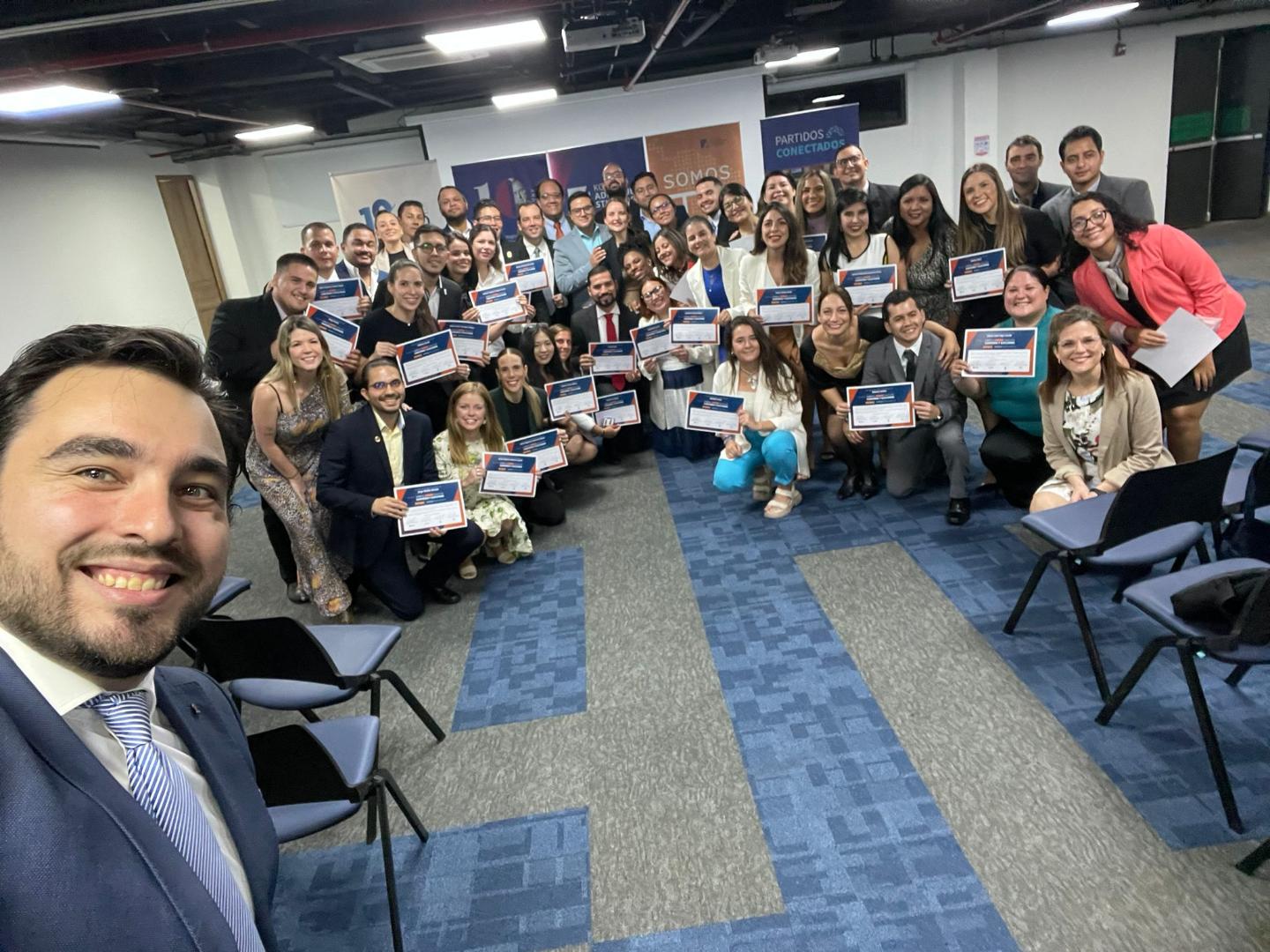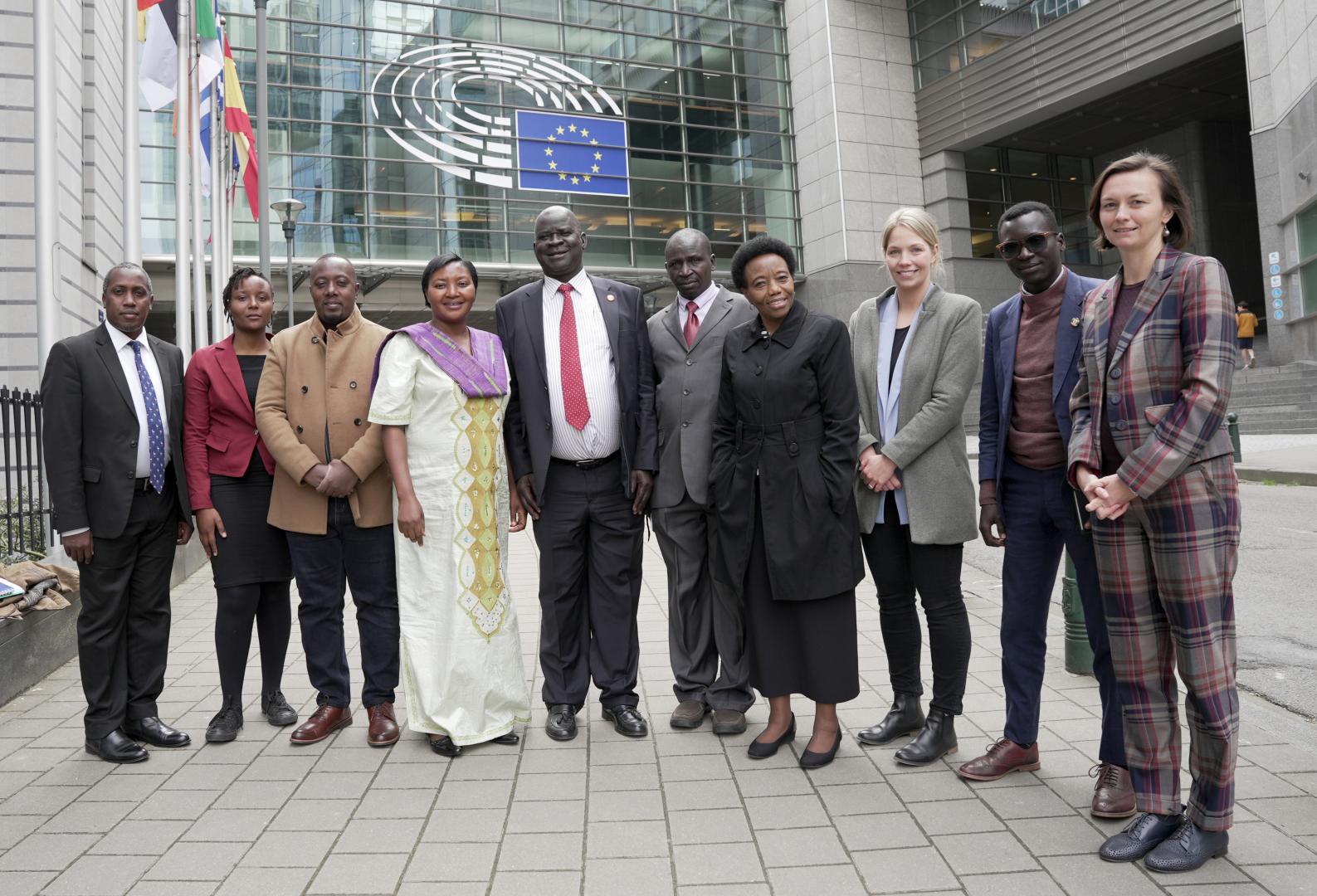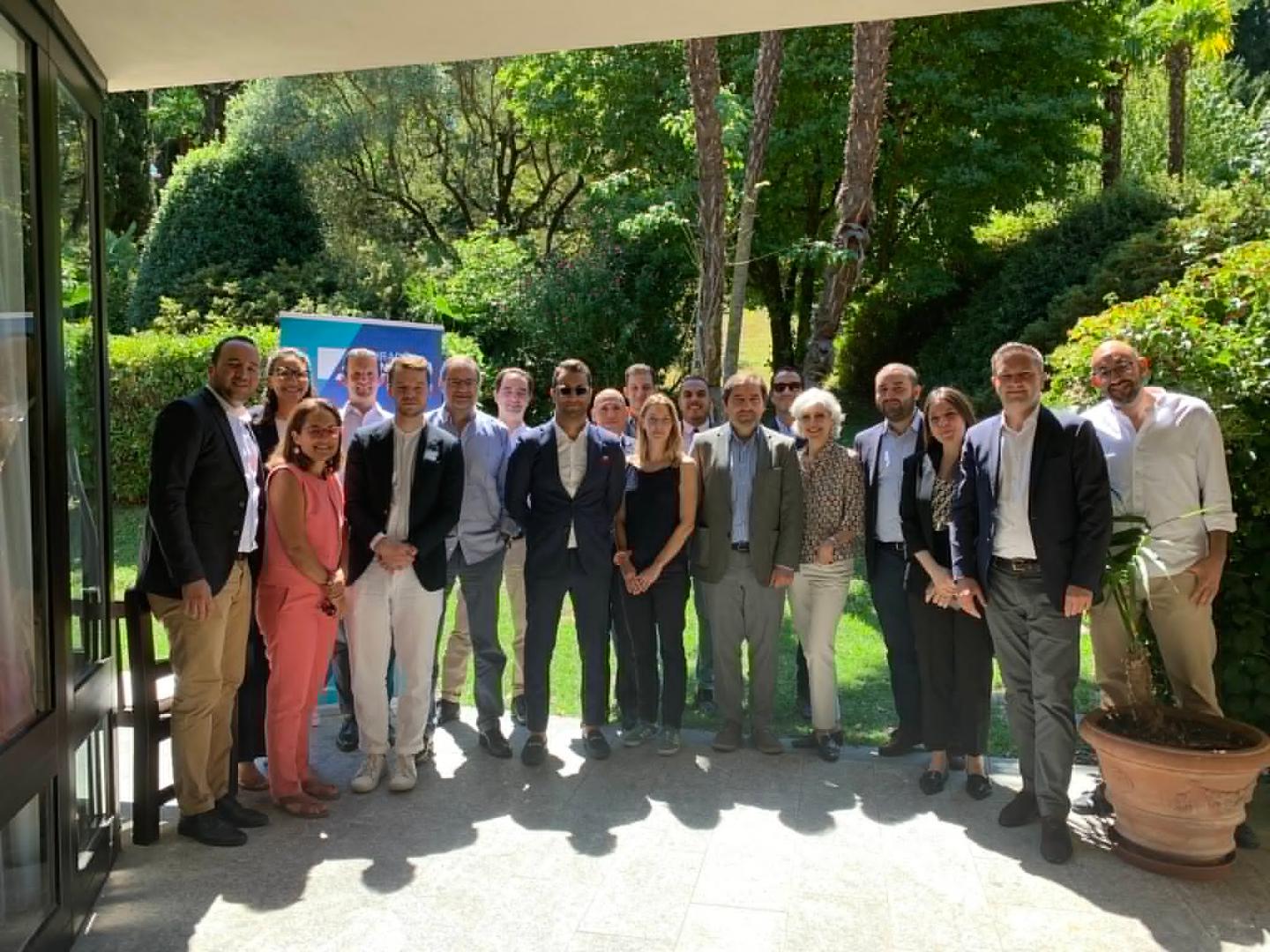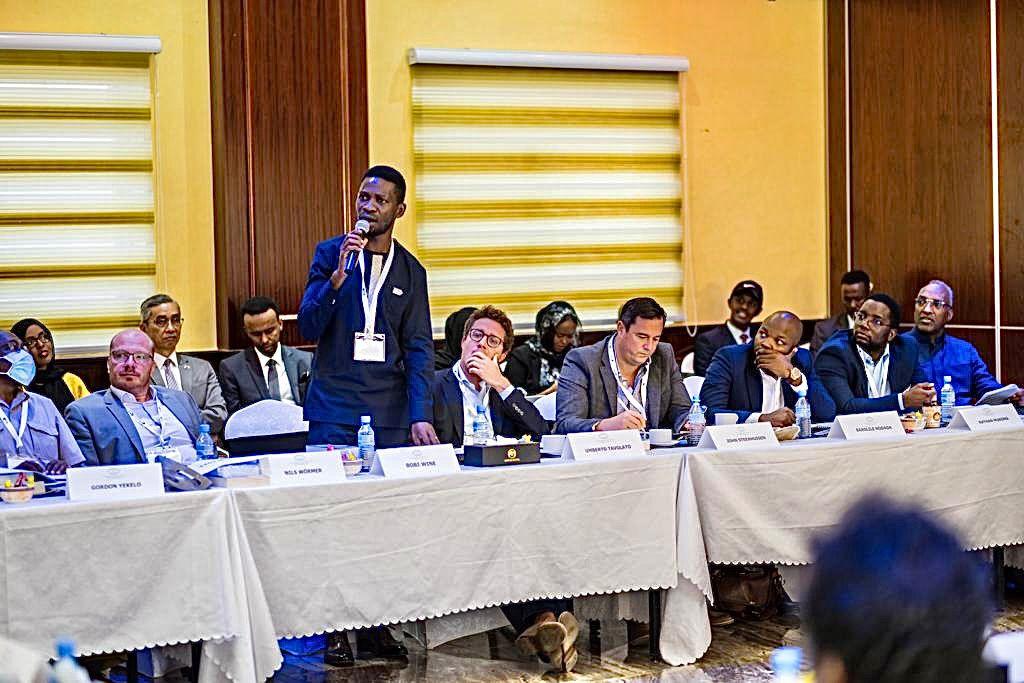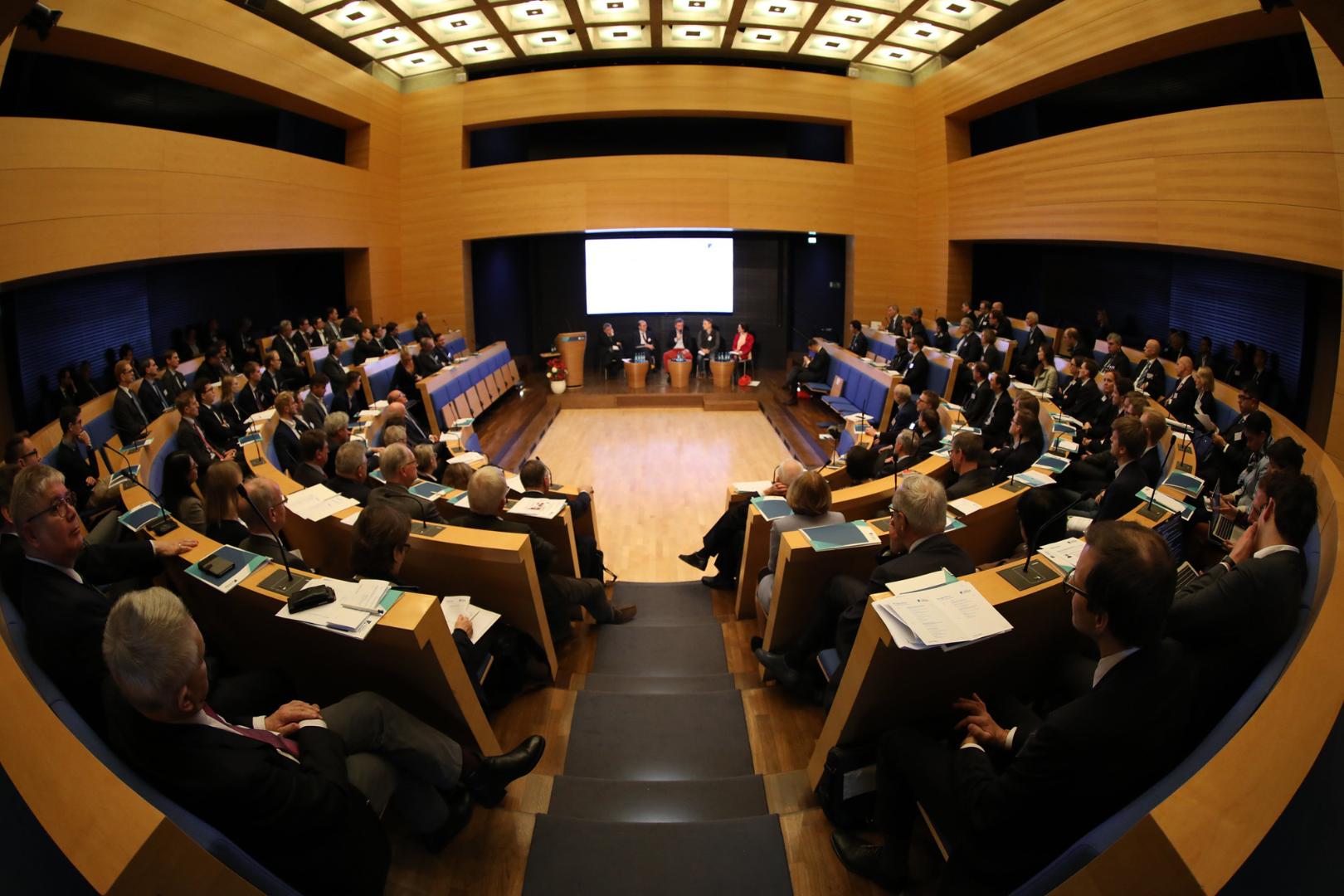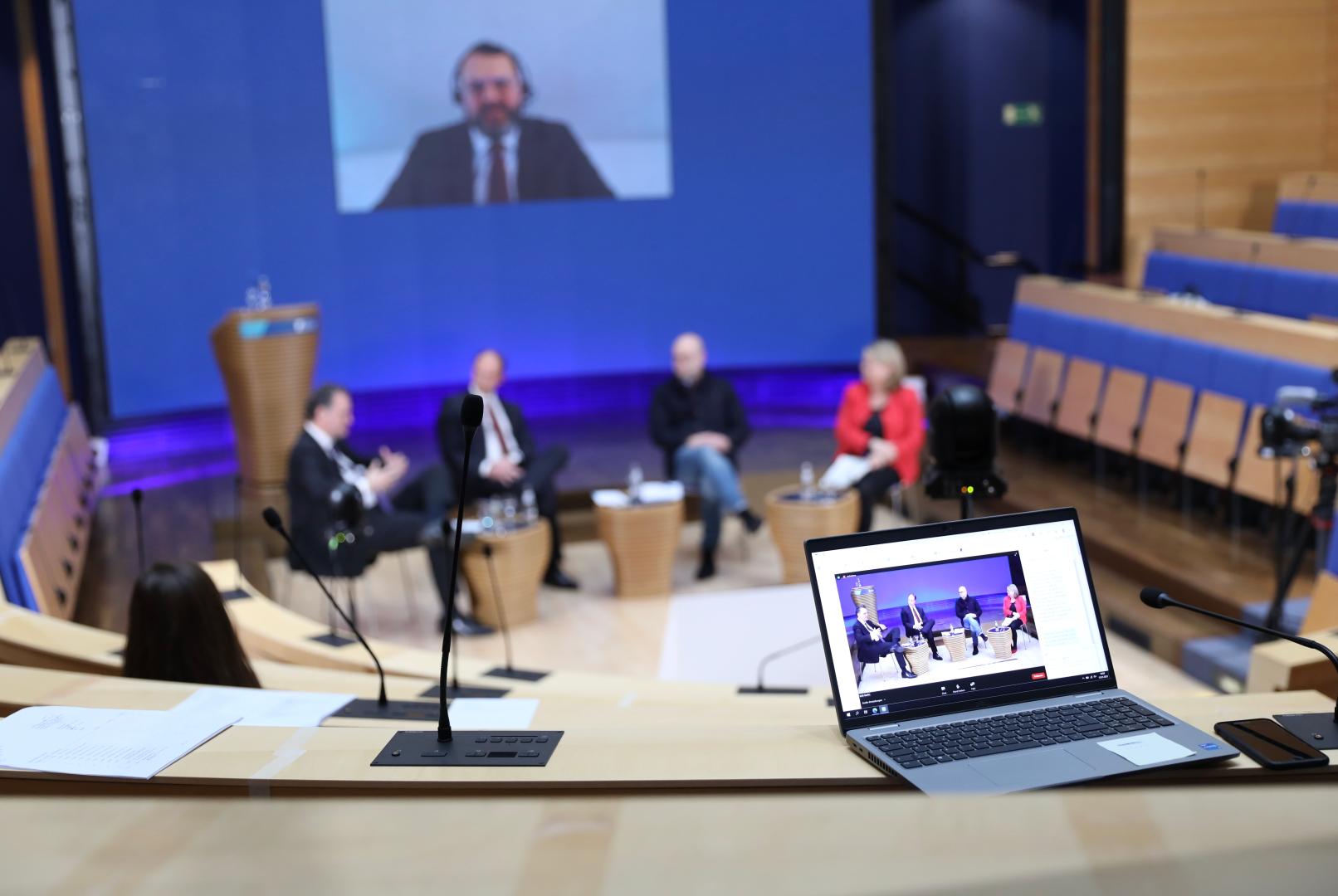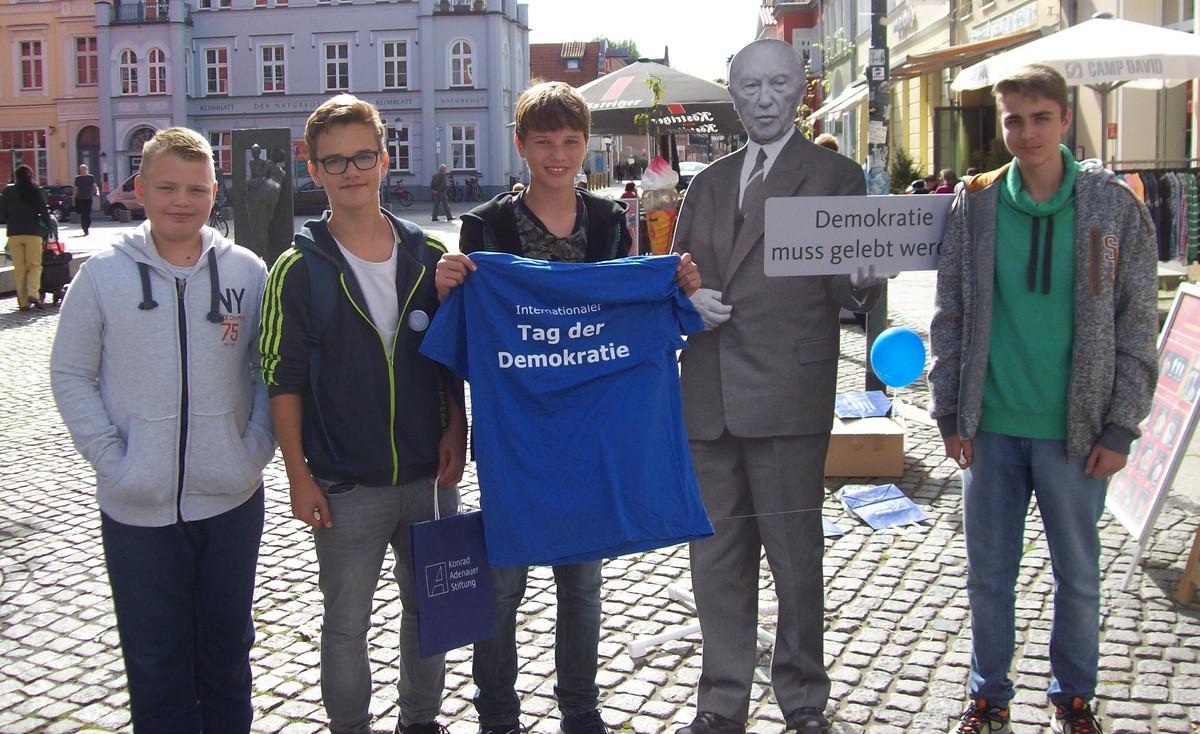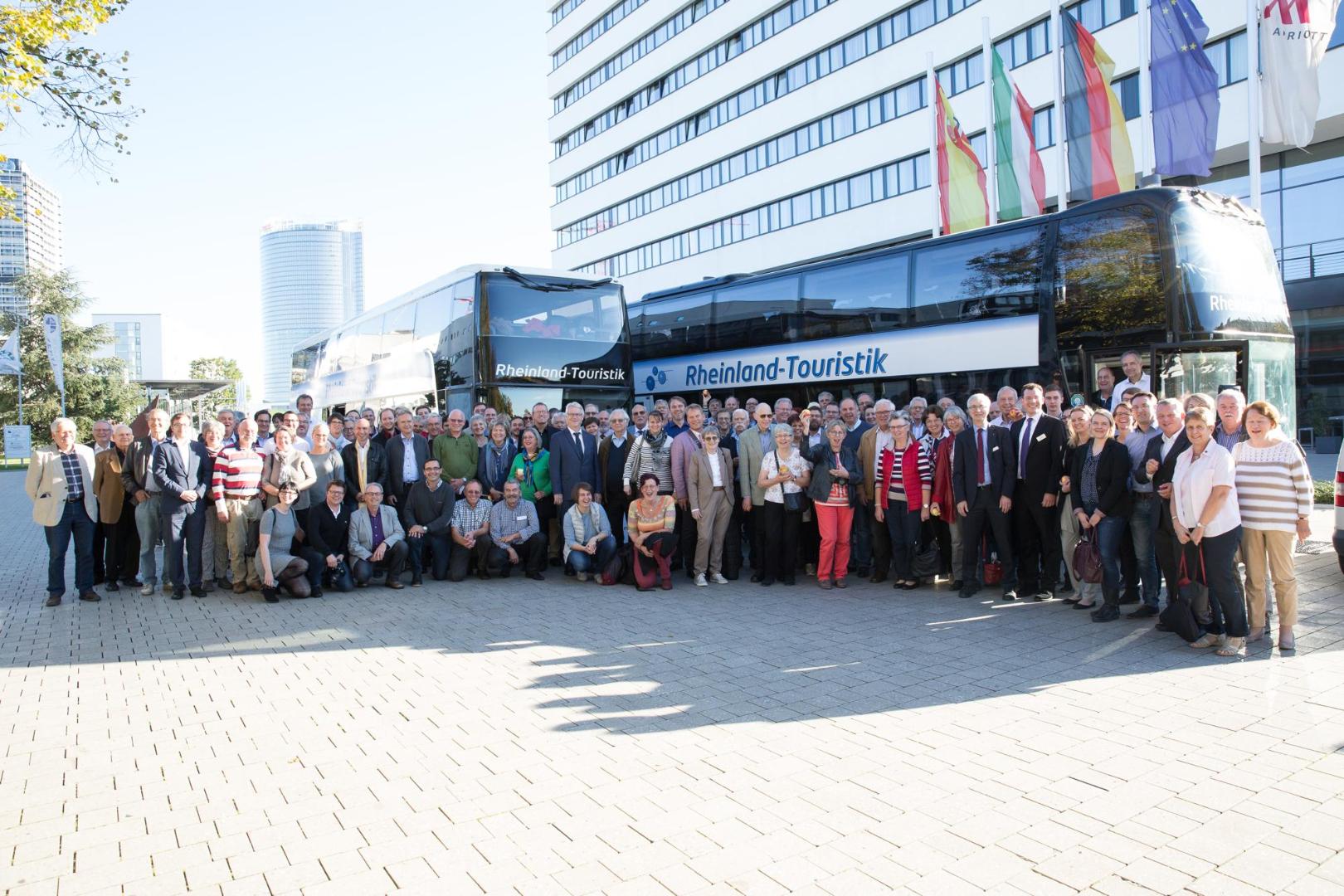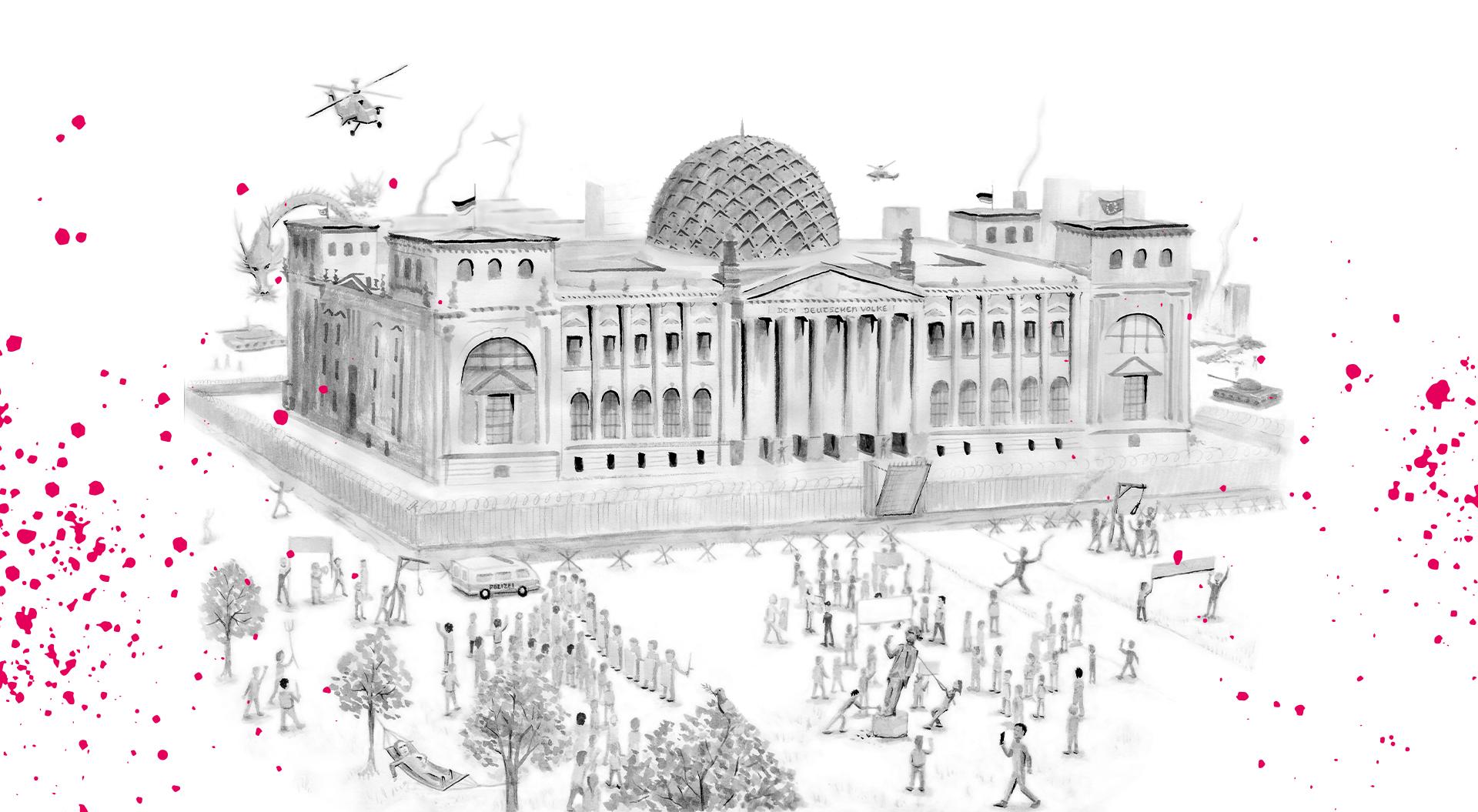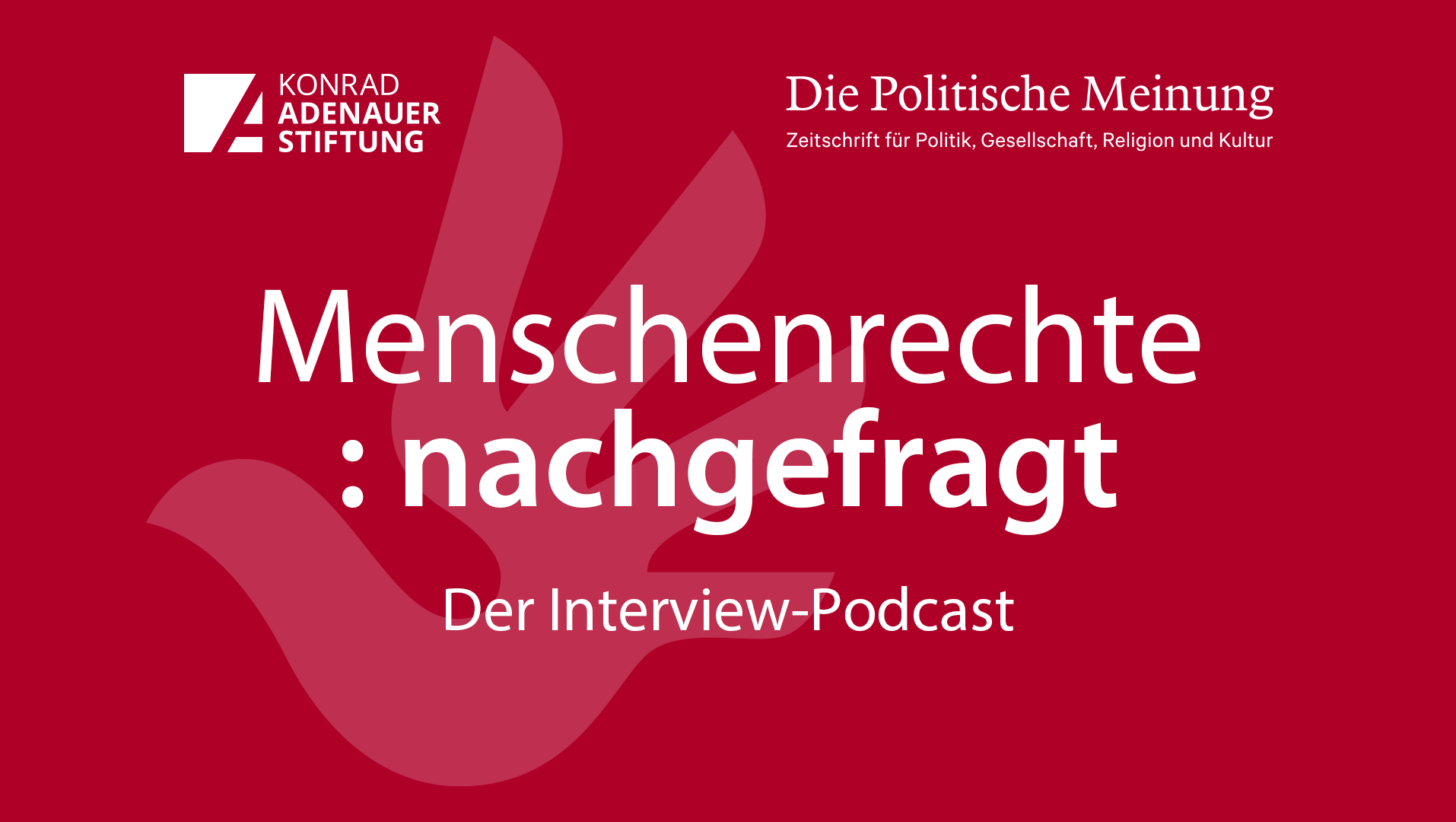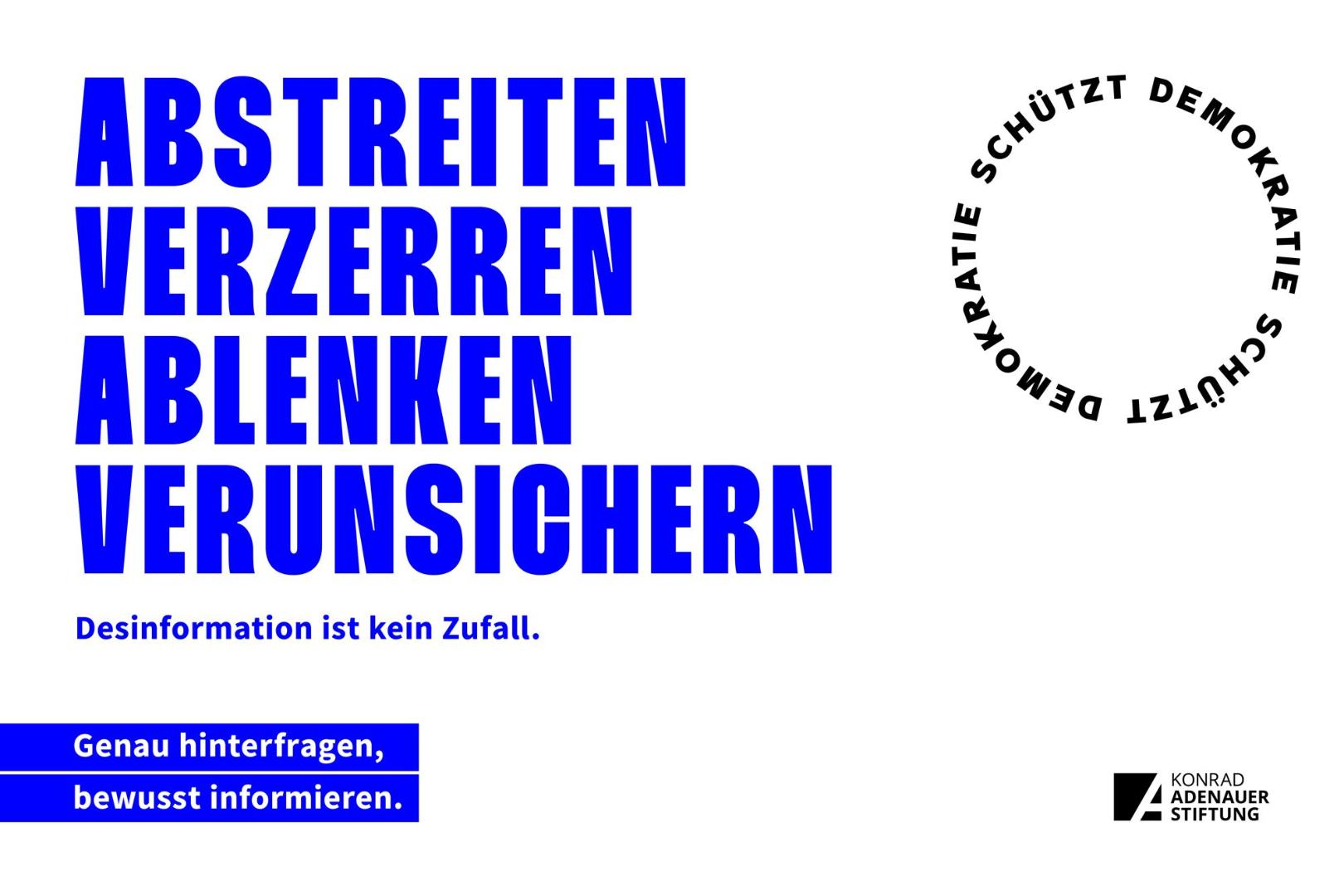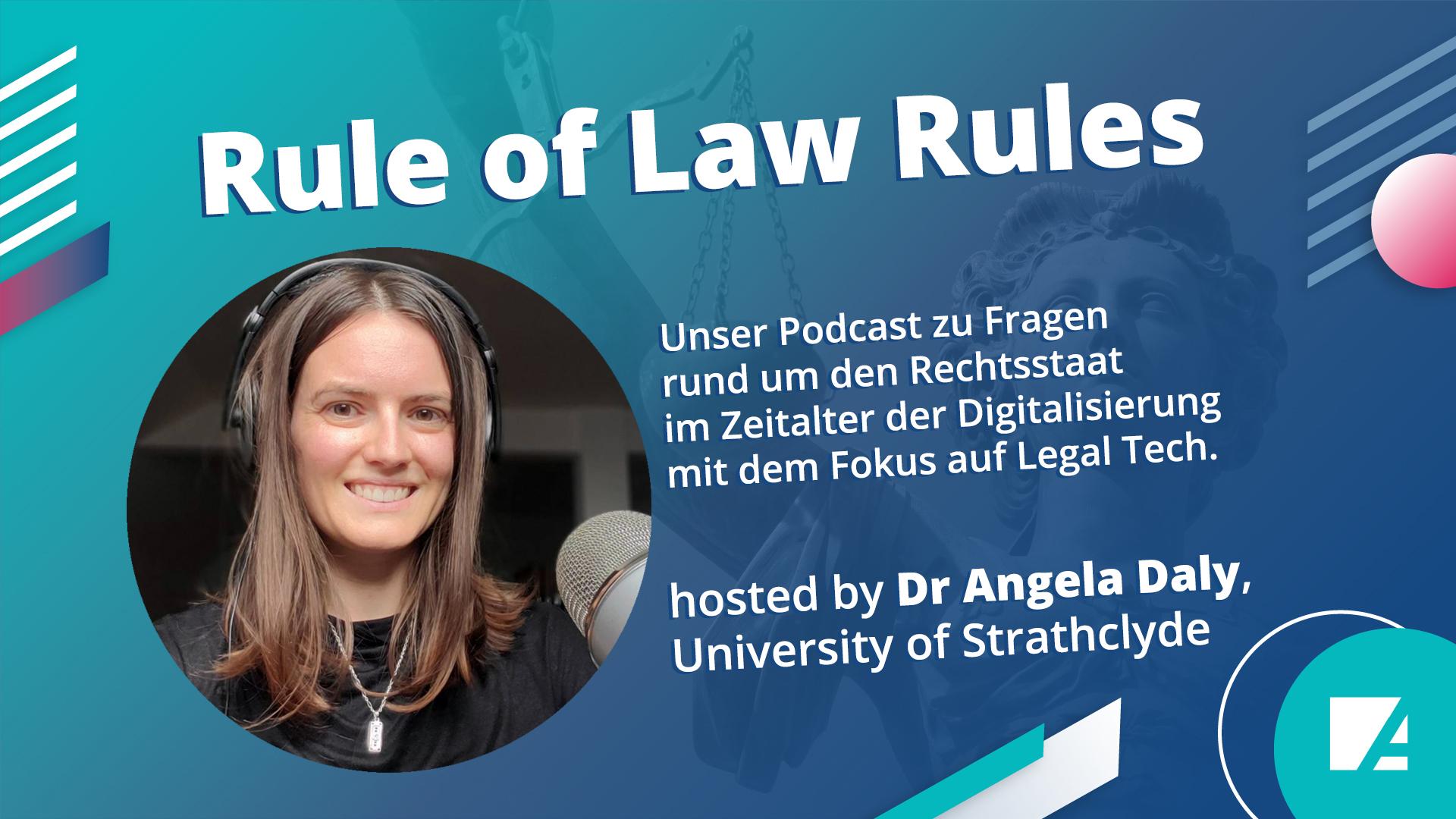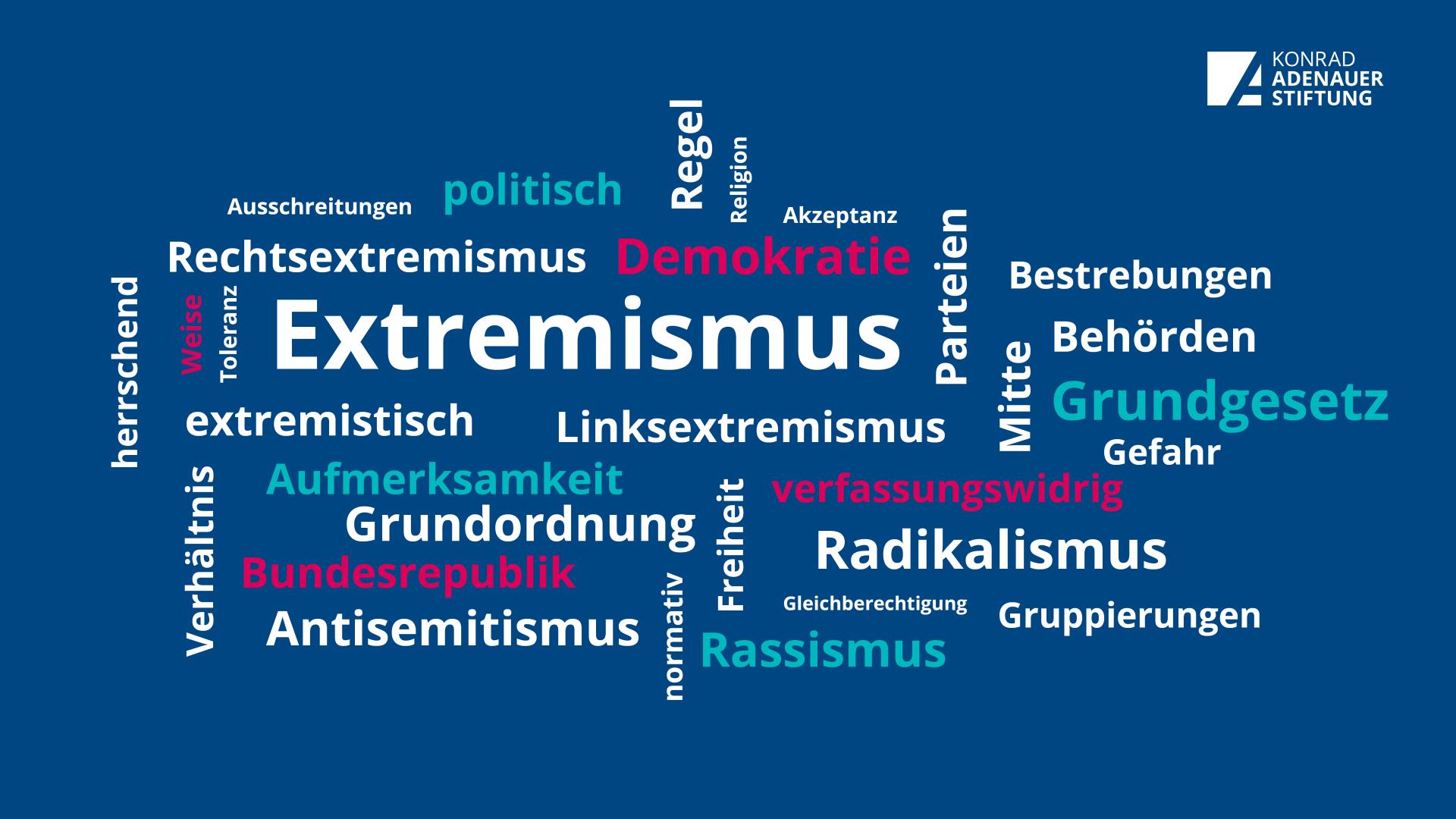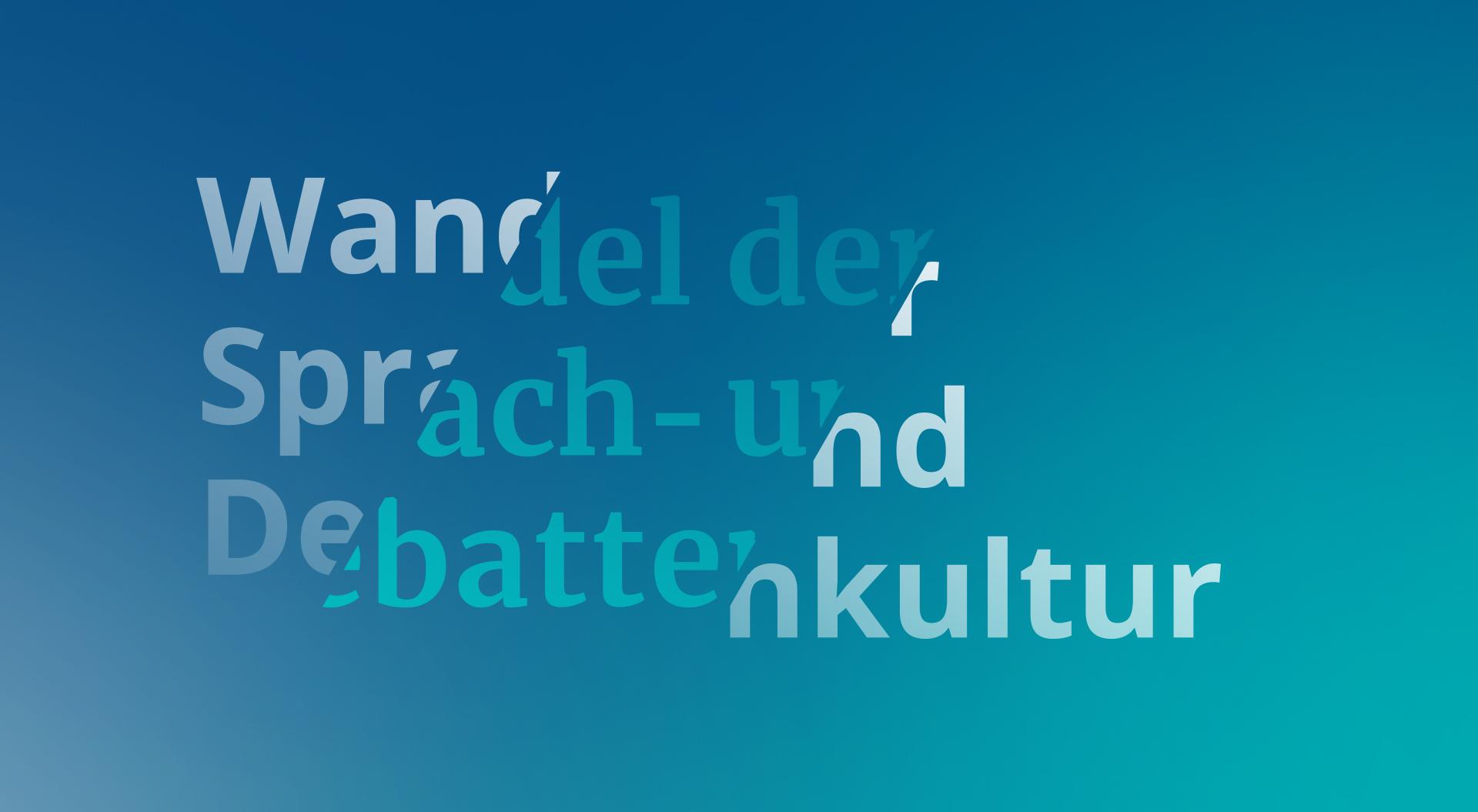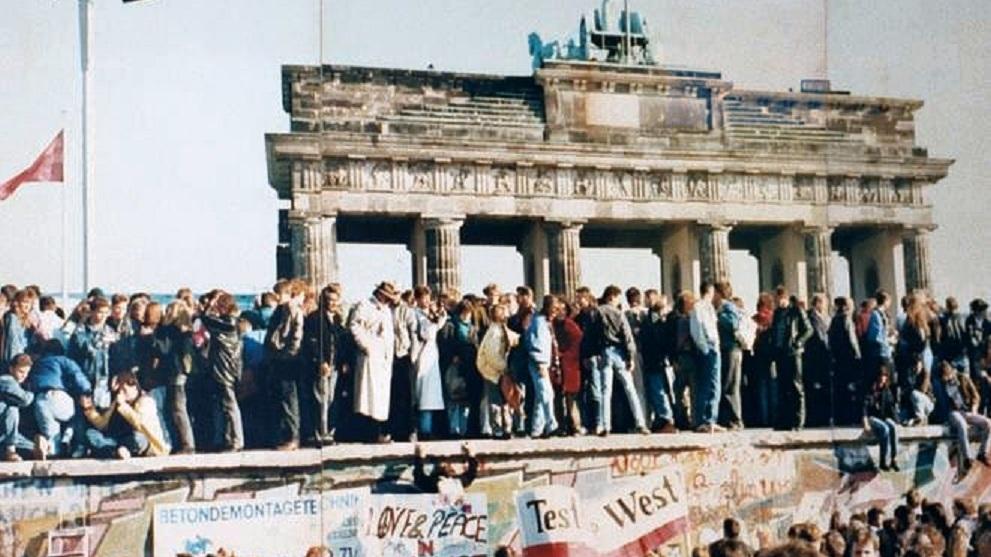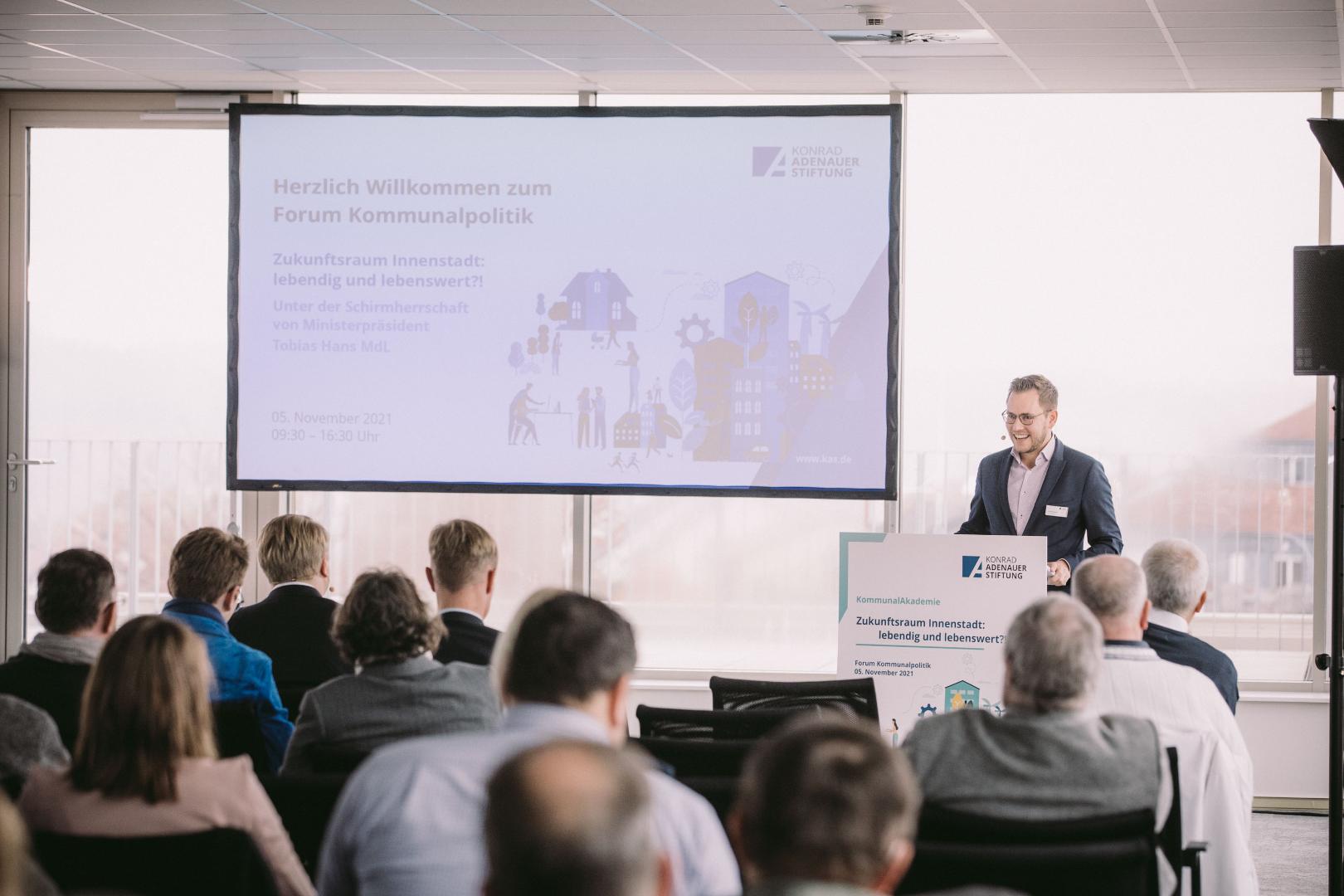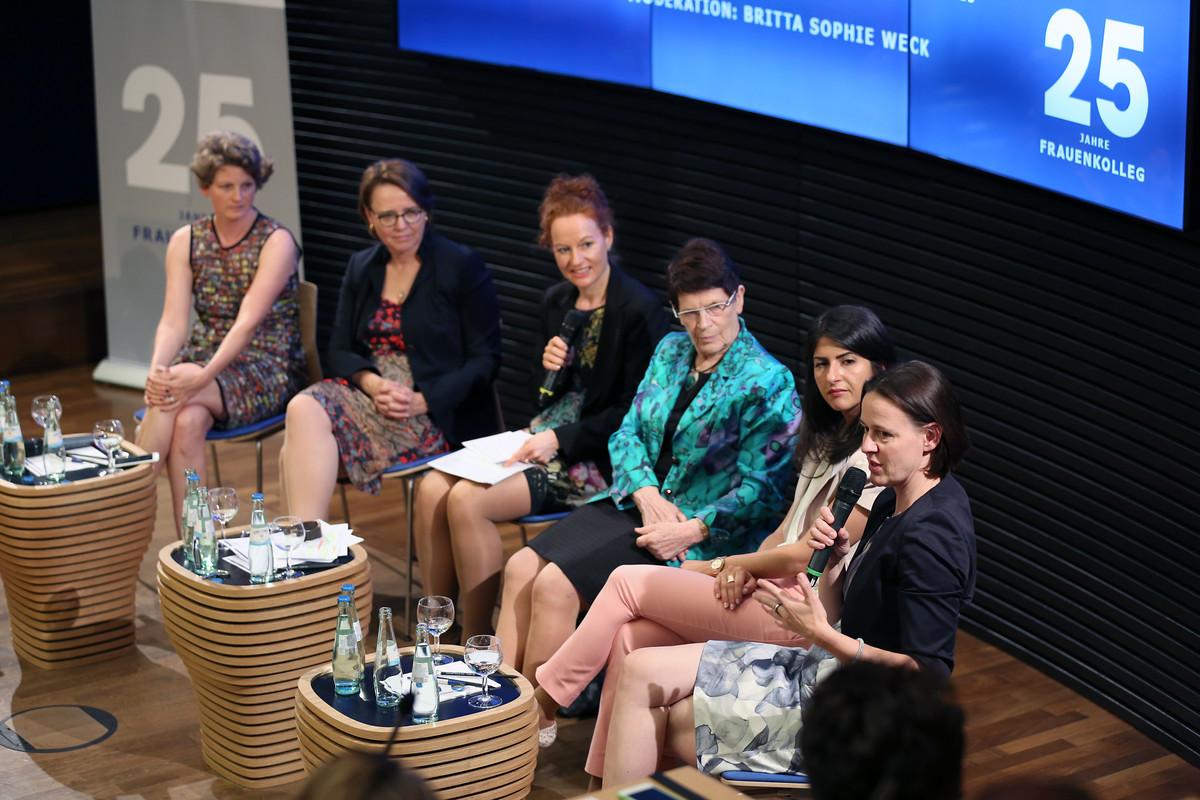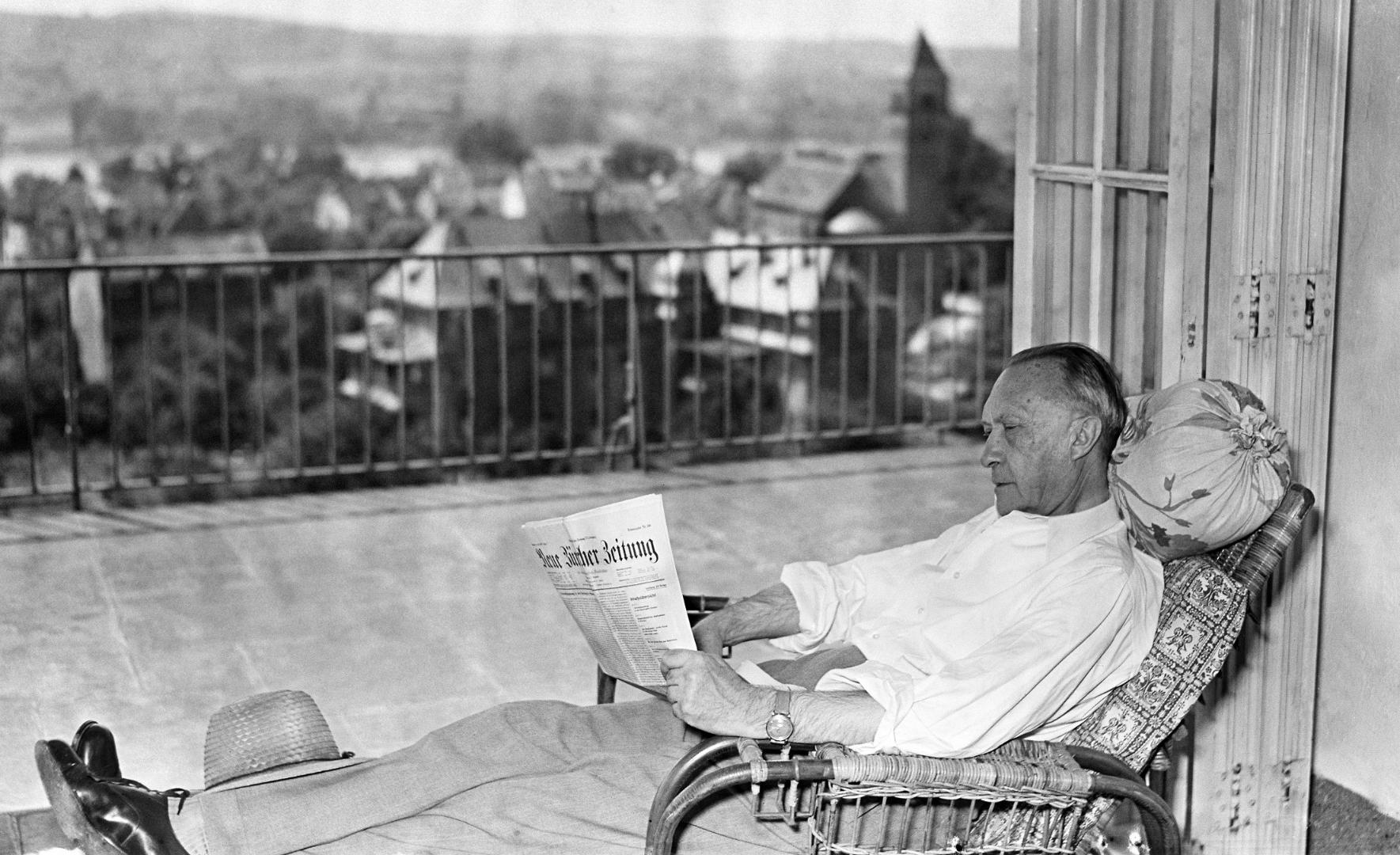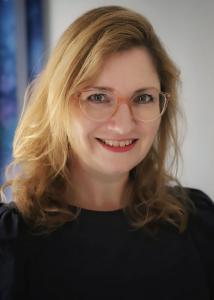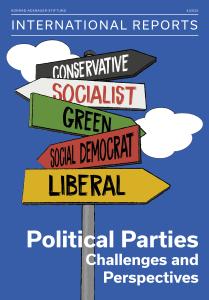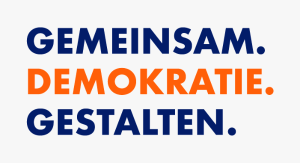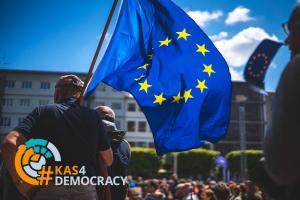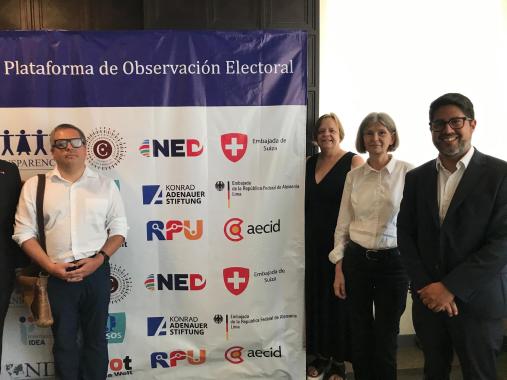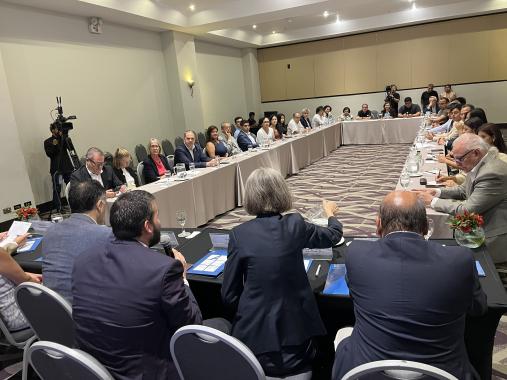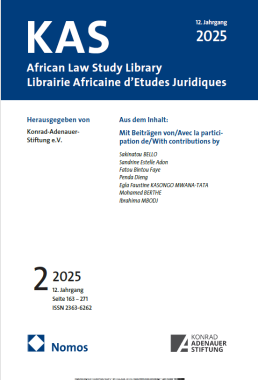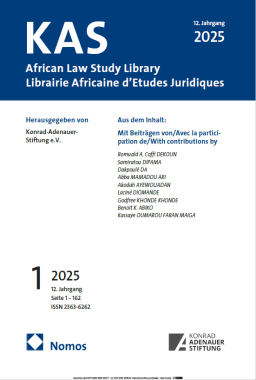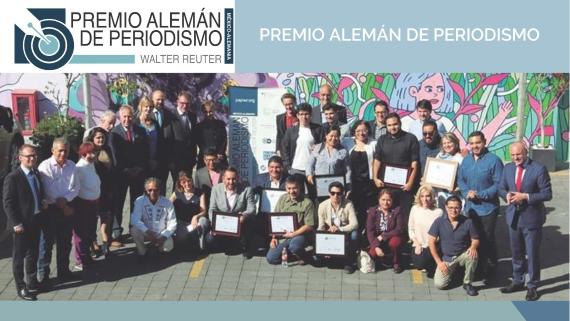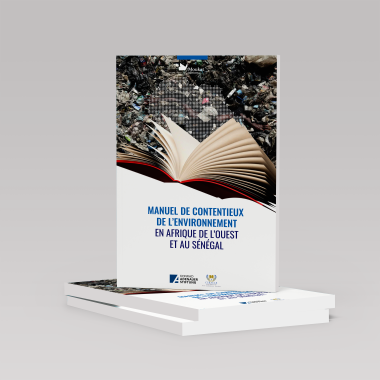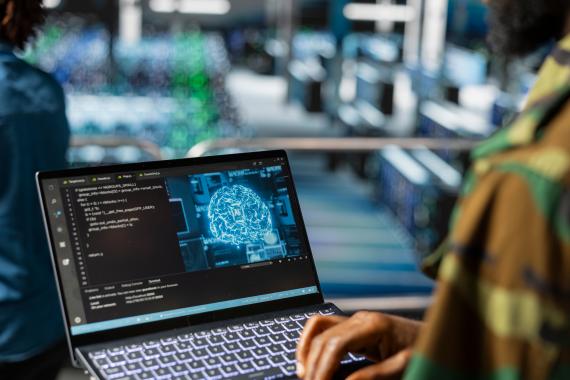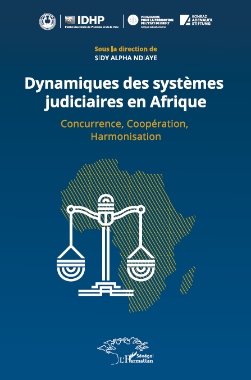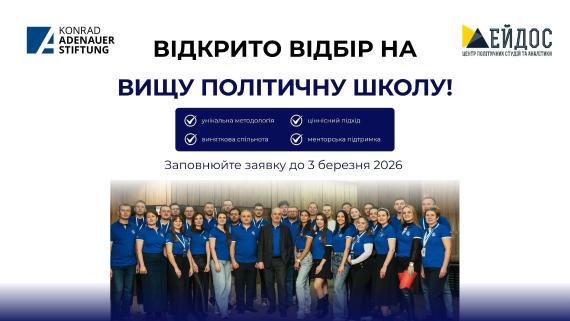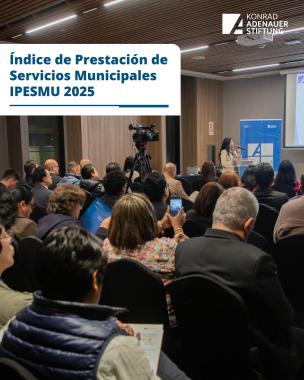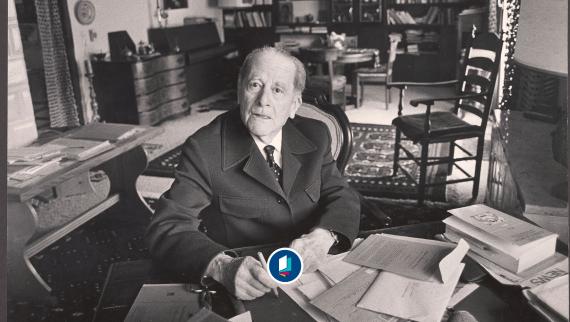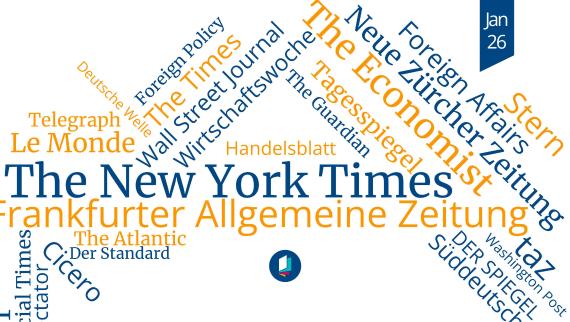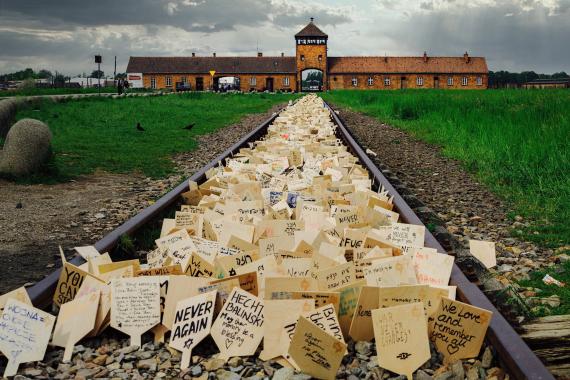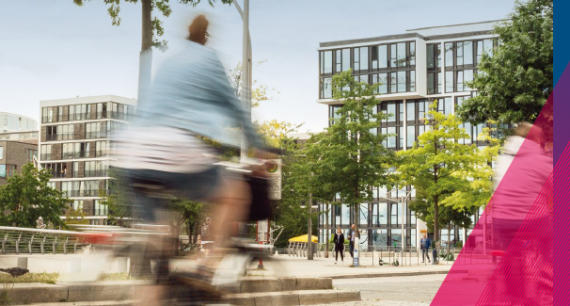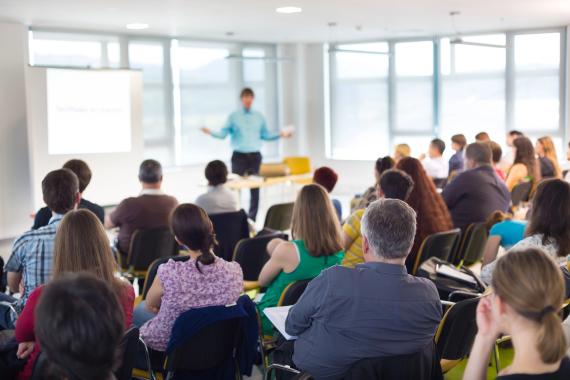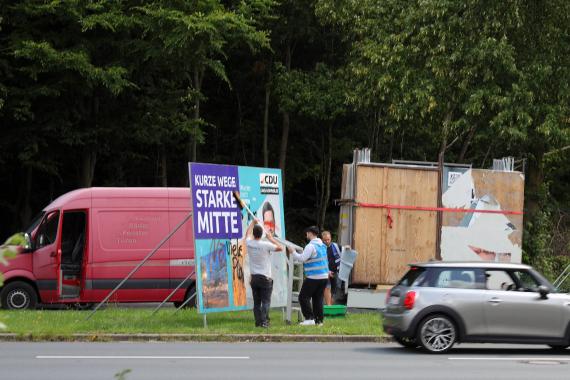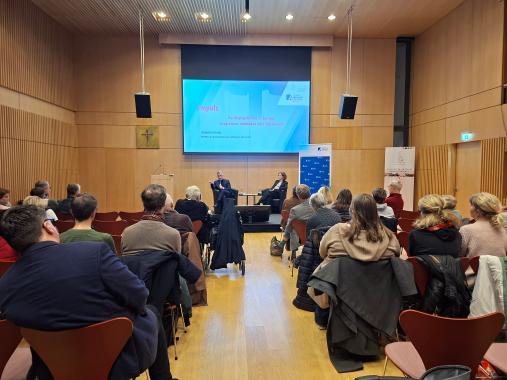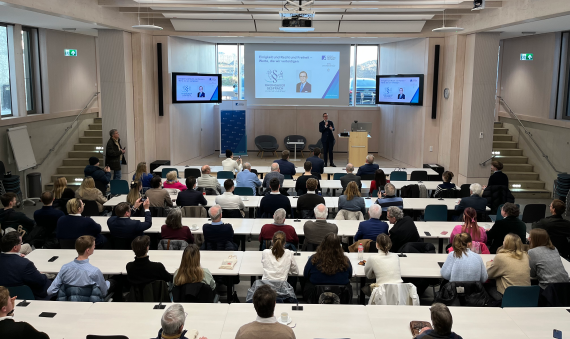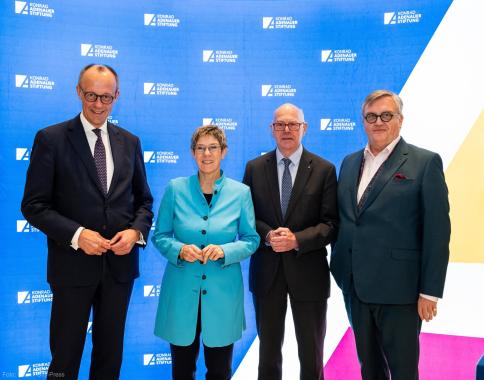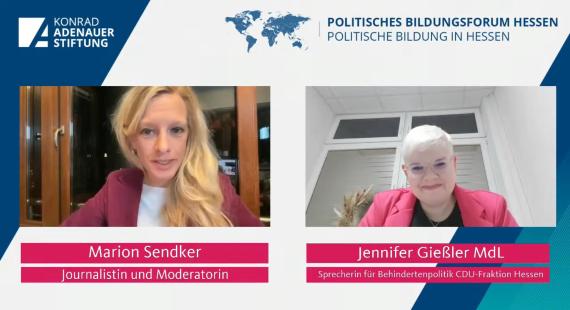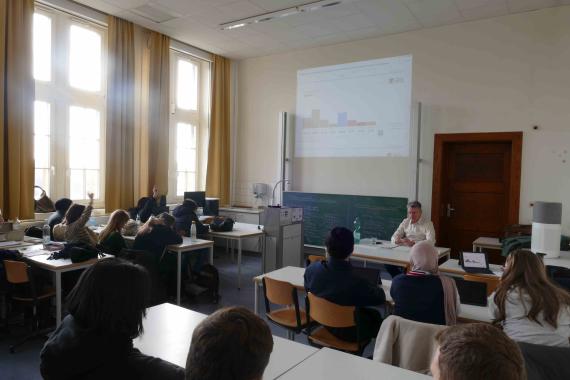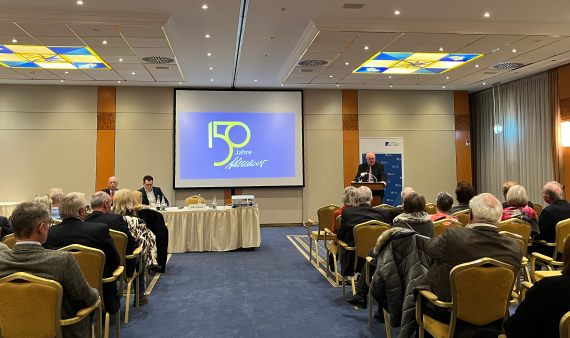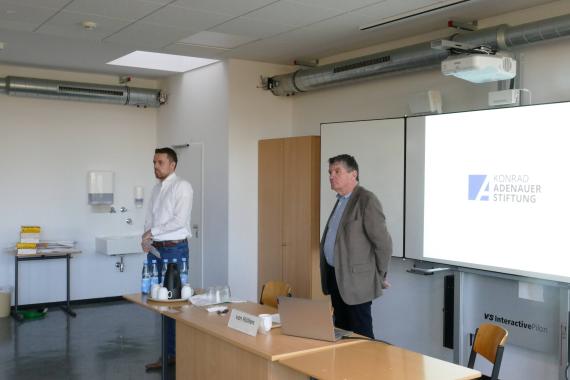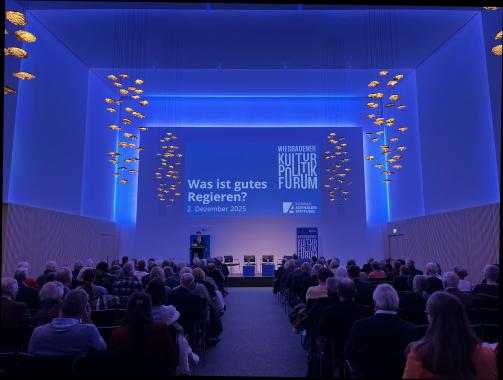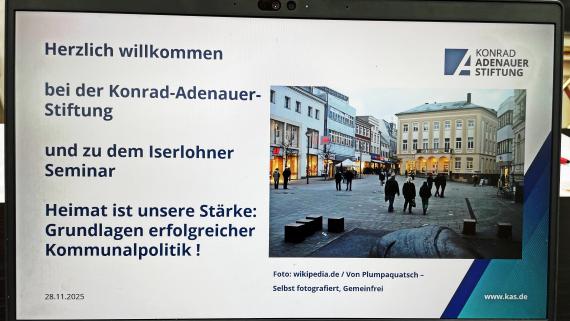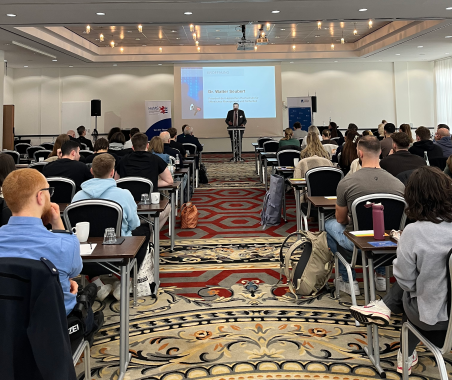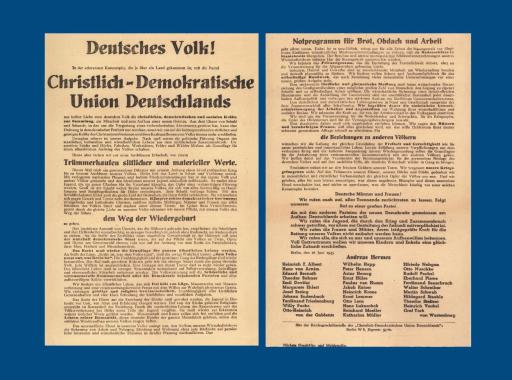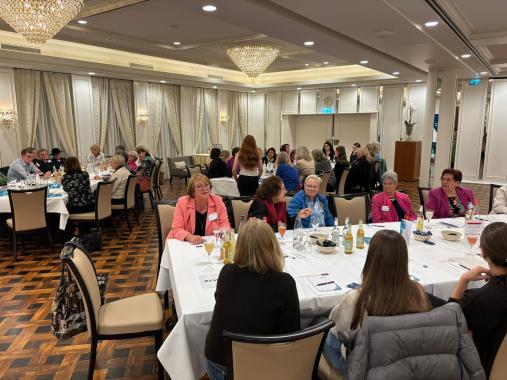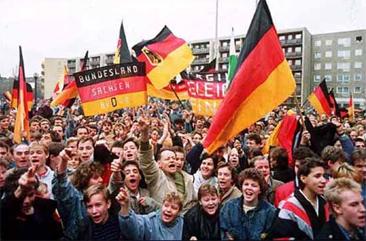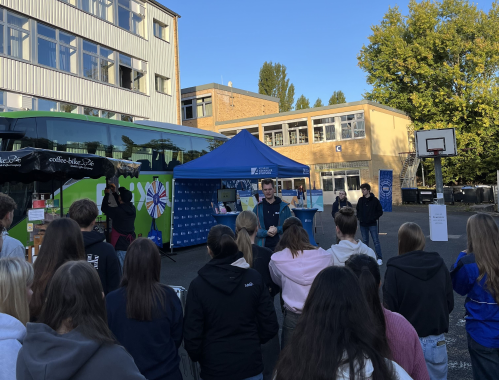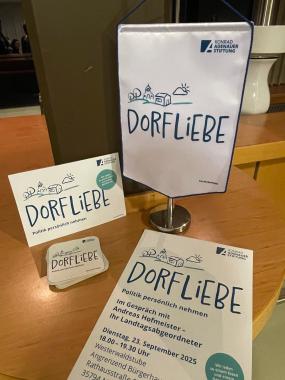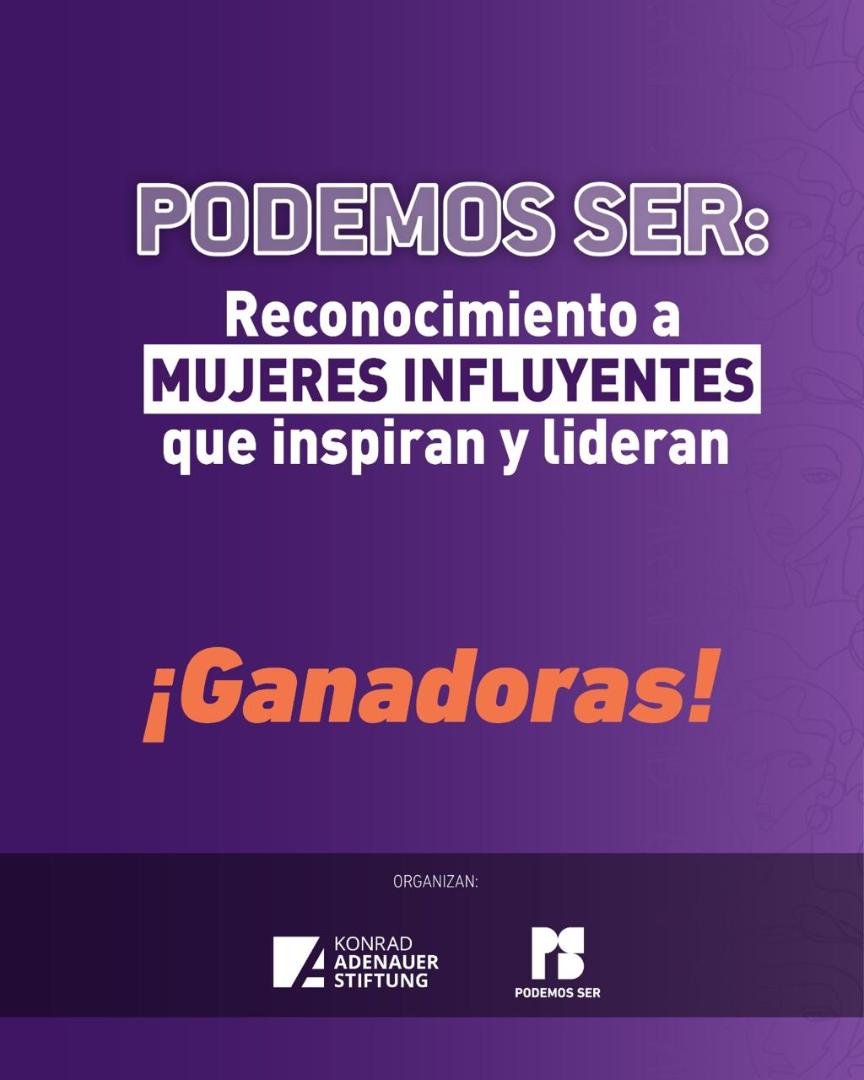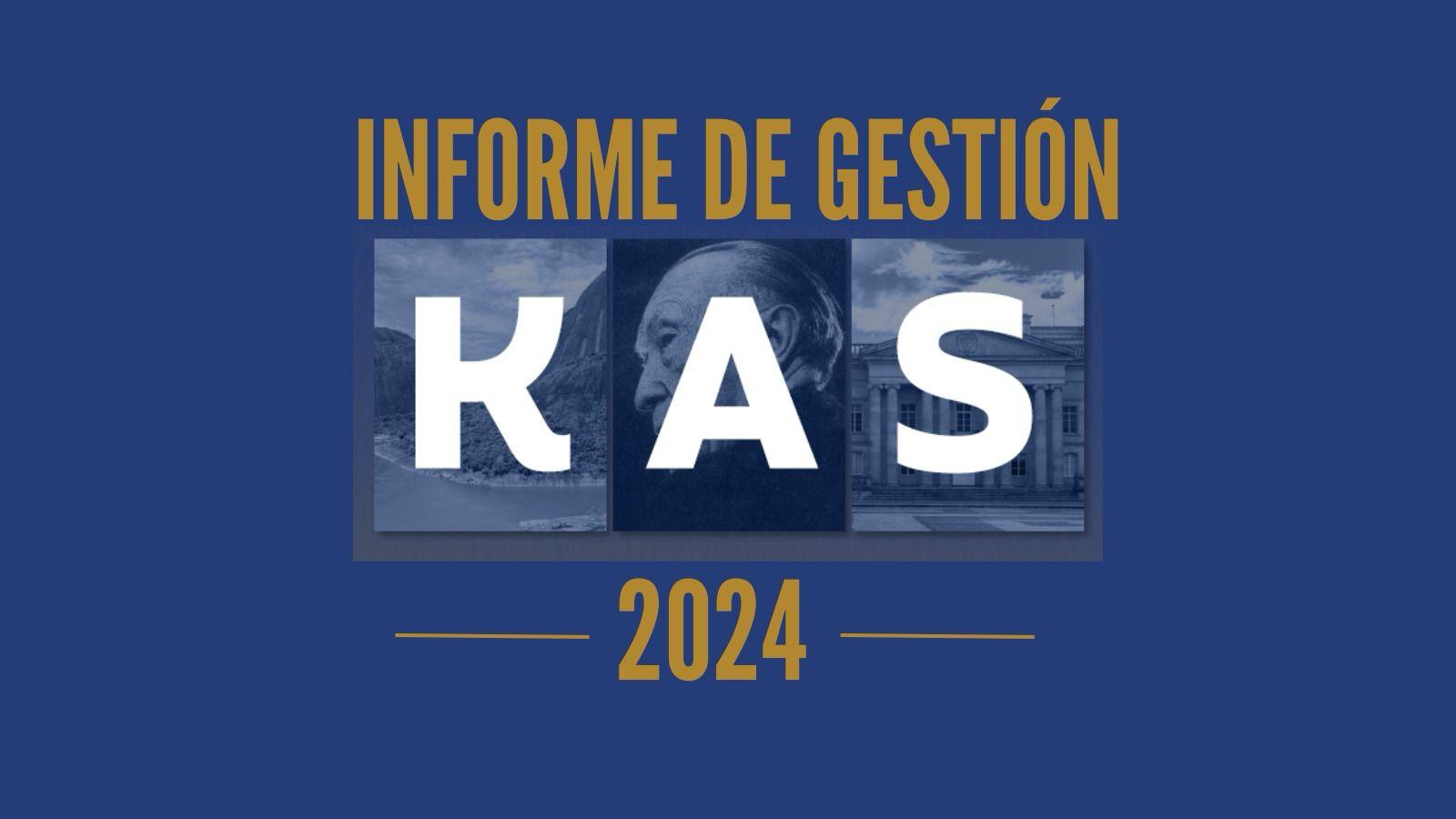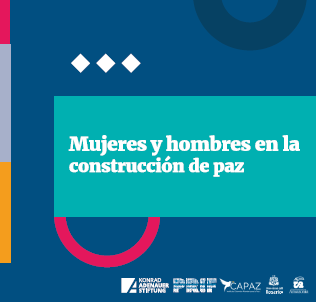Democratic freedom is the best compass even during stormy times.
At a glance
- A functioning constitutional state protects against arbitrary actions by the state. This is a prerequisite for any democracy. Conversely, only democracies can safeguard a state under the rule of law.
- Parties are the beating heart of representative democracies. They represent people with similar views, pool interests and translate them into political programmes.
- Democracies need an appropriate culture of debate. Free media play a major role in this. They provide reliable information and empower citizens to inform themselves and get involved.
- Defensiveness must form part of the democratic perception of itself. We must defend the achievements of our liberal society against attacks from inside and outside.
- Democracy is our mission! As part of our focus topic “Democracy needs participation”, we are committed to promoting democratic structures and developments worldwide.
Content
1. Democracy needs the rule of law – and vice versa
2. Democracy needs parties and parliament
3. Democracy needs a culture of debate
4. Democracy needs to be defended
5. Our offers and projects on the topic
6. Publications, events and media contributions on the topic
Democracies, as places of freedom, justice and welfare, offer the best conditions for their citizens to live well together. Democracy holds its own acceptance and stability, since it is bound to the will of the people.
Democracy needs the rule of law – and vice versa
A functioning rule of law is the basis for any democracy. If the principles of rule of law are undermined, democracy is in danger. At the same time, only a democracy can safeguard the rule of law. The constitutional principles of democracy and rule of law are therefore inextricably linked to each other.
The rule of law is characterised by the fact that legal regulations not only exist for the orderly coexistence of citizens among one another, but also apply to the relationship between the state and population as well as to the state itself. In the rule of law, independent courts protect people against arbitrary encroachments by the state and their human rights are respected.
Democracy needs parties and parliament
The heart of representative democracy beats in the parliaments. Debates and competition on the best solutions have their central place there. Parties combine interests and represent people with similar views. By drawing up political programmes and fielding candidates for elections, they significantly contribute towards political opinion- and decision-making. The people’s parties in particular address all citizens and strive for balance and consensus for society as a whole, making them vital for the cohesion of our community. For that reason, their constant renewal is a primary objective of the Konrad-Adenauer-Stiftung. New forms of participation, organisation and communication are a measure of their future survival.
Democracy needs a culture of debate
Participation in democratic processes, but also the personal trade-off between individual freedoms and the welfare of everyone, is an important form of social cooperation. In this context, opinion formation requires reliable information, and citizens must be empowered and motivated to obtain information and engage. The free media play a central role in democracies.
Democracy needs to be defended
Representative democracy, its institutions, and procedures cannot be taken for granted; they are achievements secured through long and at times bloody struggles for freedom and justice. That is why it concerns us all when representative democracy is challenged from outside by authoritarian or totalitarian regimes, and from inside by populist and extremist actors. It is important to vehemently oppose them and defend our liberal society. The commitment to a liberal, value- and rules-based world order is at least as important as the support of people and institutions that stand up for freedom, democracy and human rights in authoritarian regimes.
Our offers and projects on the topic
International offices and programmes
We think about our commitment to democracy, rule of law, freedom and social market economy in a networked and sustainable way. The Konrad-Adenauer-Stiftung is thus represented with numerous offices and programmes in various countries of operation.
International Media Programme
Through offices in Johannesburg, Singapore and Sofia, the Media Programme supports the media in its respective region to assume its political responsibility, contribute to developing democracy and to strengthen the legal framework. In particular, the Media Programmes promote independent journalists who play the role of “watch dog” to ensure a free and independent media landscape together with professional and value-oriented political communication between citizens on the one hand, and politicians on the other.
International Rule of Law Programme
Since 1990, the foundation has complemented its international projects for democracy promotion and political dialogue with the transnational Global Rule of Law Programme. The goals of the work of our Rule of Law Programme include encouraging and maintaining rule of law structures, advocating for the separation of powers and a strong, independent judiciary, as well as guaranteeing fundamental and human rights. The six regional programmes are located here: Bogotá (Colombia) for Latin America, Singapore for Asia, Nairobi (Kenya) and Dakar (Senegal) for Sub-Saharan Africa (Anglophone and Francophone), Bucharest (Romania) for South-east Europe and Beirut (Lebanon) for the Middle East/North Africa. The global work on rule of law is coordinated from Berlin, with a focus being on global rule of law issues.
International Party and Political Dialogue
Democracy promotion is one of the Konrad-Adenauer-Stiftung’s primary objectives abroad, too. For us, parties are integral actors of a functioning and vibrant democracy. That is why we promote and take care of exchange and cooperation. We support democratic parties and politically active persons that share our values. Through our work both on the ground and at regional and international level, we provide a platform for political dialogue with and between parties and their target groups. Learn more on the pages of our Regional Programmes.
Event series
The Konrad-Adenauer-Stiftung offers several events series that take place each year on the issues of “Democracy and Law”. In conjunction with the renowned Berlin Legal Policy Conference and the Berlin Annual Review, which mainly focus on legal policy issues, on Democracy Day, our Political Education Forums want to inform about democracy with information stands in various cities, hold discussions with interested citizens on site, and talk about democracy.
Berlin Legal Policy Conference
Once a year, high-ranking representatives from politics, academia and the judiciary come together at the traditional and distinguished Berlin Legal Policy Conference at the Konrad-Adenauer-Stiftung Academy to debate current legal policy issues in controversial panel discussions.
Berlin Annual Review
With the Berlin Annual Review, the Konrad-Adenauer-Stiftung has created its own event series dedicated to the German Constitutional Court and its work as the supreme interpreter of the Constitution and guardian of the Basic Law. The main emphasis of this forum are the most important decisions taken by the Karlsruhe Court from last year.
Democracy Day
In 2007, the United Nations General Assembly declared the 15th of September as International Democracy Day with the aim of promoting and defending the principles of democracy. Within the framework of its political education work, the Konrad-Adenauer-Stiftung wants to empower citizens to stand up for our liberal democracy as responsible citizens and play an active role in politics and society. That is why each year on 15 September we visit different cities across Germany with information stands. Let’s get into a discussion and talk about democracy together.
Local Government Congress
Once a year, the Konrad-Adenauer-Stiftung organises a nationwide local government congress. The goal is to motivate people to act for the common good in local politics and inspire them to get involved. The congress, with locations and topics that vary each year, invites you to become acquainted with people and projects that lead by good example and will inspire you to get involved locally, in politics or in your neighbourhood.
Podcasts, publication and website projects
Some of the Konrad-Adenauer-Stiftung’s podcasts, publication and website projects deal with various aspects of “democracy and law”. Particularly worthy of mention are the extensive project pages on election analyses and demoscopy as well as extremism.
Defensive Democracy
Russia’s attack on Ukraine has catapulted the question of the defensibility of democracy to the fore of public interest. Yet, tanks and rockets are not the only threat to our free society. Our democracy is exposed to many dangers, which are addressed in a book of essays and major campaign.
Learn more about the topic “Defensive Democracy” or go directly to the essay collection (The (More) Defensive Democracy). “die wehrhafte(re) Demokratie”
Human Rights: In Demand
In the “Human Rights: In Demand” podcast, we present the currently most important topics in discussions with cooperation partners and other human rights experts. Our main objective is to explain complex contexts in an understandable way, and provide background information that cannot be found in newspapers.
Disinformation - Threat and Danger to Democracy and Society
The Russian Federation, but also other authoritarian countries, try to influence public opinion in their favour and destabilise democratic societies through disinformation. Our campaign is strongly against disinformation and for a resilient democracy.
Learn more about the topic “Disinformation - Threat and danger to democracy and society”
Rule of Law Rules
Rule of Law Rules is our podcast on the rule of law in the age of digitalisation. In each episode, an international expert is interviewed on the opportunities and challenges for human rights in the digital age. This gives you insights into current development from different parts of the world. The podcast is exclusively in English.
Extremism
The Konrad-Adenauer-Stiftung’s extremism project intends to be a comprehensive knowledge portal on aspects relating to “left-wing extremism”, “right-wing extremism”, “Islamism” and “conspiracy theories”. The articles and analyses, mainly written by renowned experts, want to inform about the complexity and various facets of individual extremisms. Whether it be on ideologies, organisations, structures, goals or forms of communication – our extremism portal will provide you with the answers to your questions.
Election Analyses and Demoscopy
Our project website “Election Analyses and Demoscopy” is primarily concerned with the analytical examination of federal, state and European elections, but also with citizens’ satisfaction with the democratic political system. To that end, we collate, draw up and evaluate current studies and survey data from the fields of political behaviour, electoral behaviour, party research and extremism research, and published it accordingly under various headings on the website.
Learn more about the project “Election Analyses and Demoscopy”
Change in the Culture of Language and Debate
For years, we have experienced how the culture of language and debate has increasingly been subject to change. Forms of debate in the public space are shifting, and are now borderline in many respects. While the tone of discussions and interactions with one another are becoming ever more bitter. It makes little difference whether the debates are played out in parliament or whether communication takes place at demonstrations or during exchanges in the seemingly private sphere of social media. Learn more about the topic on our project page, where in addition to initial studies on the issue, we present you with expert interviews and video statements.
Seminar, didactic and scholarship offers
The Konrad-Adenauer-Stiftung offers an interdisciplinary doctoral program for doctoral candidates who are addressing the current challenges facing liberal democracies in Europe, such as the rise of authoritarian systems, social change, digitalization, and the loss of trust in state institutions. We would also like to draw attention to the wide-ranging services in local politics that we provide in the framework of our civic education work for highly diverse target groups (local decision-makers, interested citizens, young people etc.)
Doctoral Programme “Democracies in Europe: Influences and Perspectives”
The viability of liberal democracy and the social market economy is increasingly being questioned in Europe. Authoritarian alternatives, societal change, and technological disruption are challenging the foundations of our political culture. The Konrad-Adenauer-Stiftung’s doctoral programme “Democracies in Europe: Influences and Perspectives” explores the historical roots, current challenges, and future prospects of European democracies – through interdisciplinary, practice-oriented, and research-driven approaches.
Local Political Education Services
Local self-governance is a key pillar in the democratic system of the Federal Republic of Germany and an important topic of the Konrad-Adenauer-Stiftung. With our web page on “Local Politics in Germany”, we not only want to inform about important areas of municipal policy, but also to provide a broad range of educational offers for various target groups. There is something for everyone; from pupils to citizens interested in local politics through to local decision-makers in politics and administration.
Women’s Council
Women are still underrepresented in politics, business and society! With our diverse events, we want to change this and encourage women to take on more political and economic responsibility. With the Women’s Council, the Konrad-Adenauer-Stiftung therefore offers a Germany-wide seminar programme especially for women.
Prizes
With the German Local Journalist Prize, the Konrad-Adenauer-Stiftung presents an award that is now one of the most prestigious in the area of regional and local reporting. The annual prize was awarded for the first time in 1980.
German Local Journalist Prize
Local journalists moderate the discussion on the ground, they serve society and democracy. By awarding the German Local Journalist Prize, we nurture young journalists in special projects. The annual award honours newspapers and editorial offices that implement concepts in touch with the people, address difficult issues or act as an advocate for readers.




